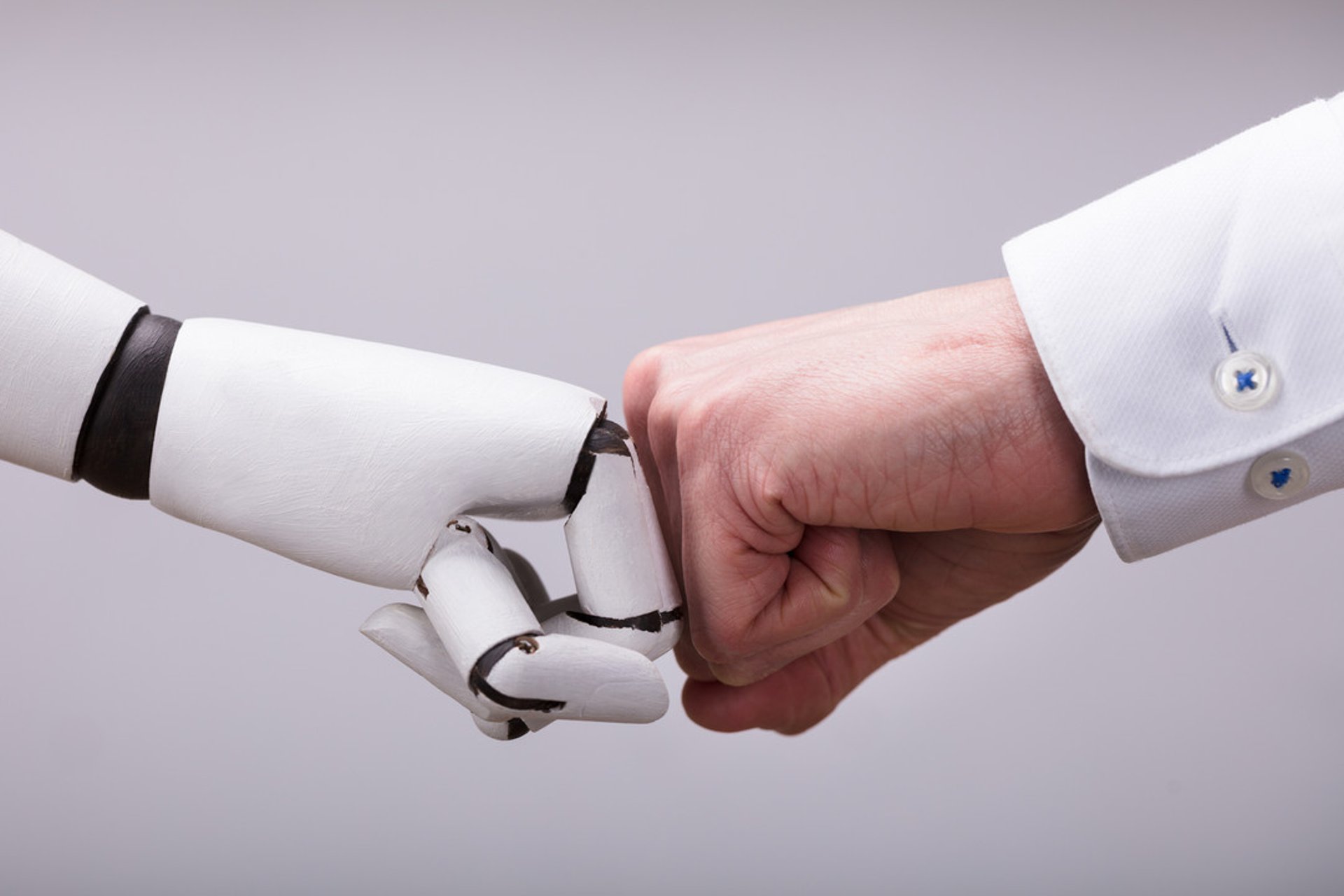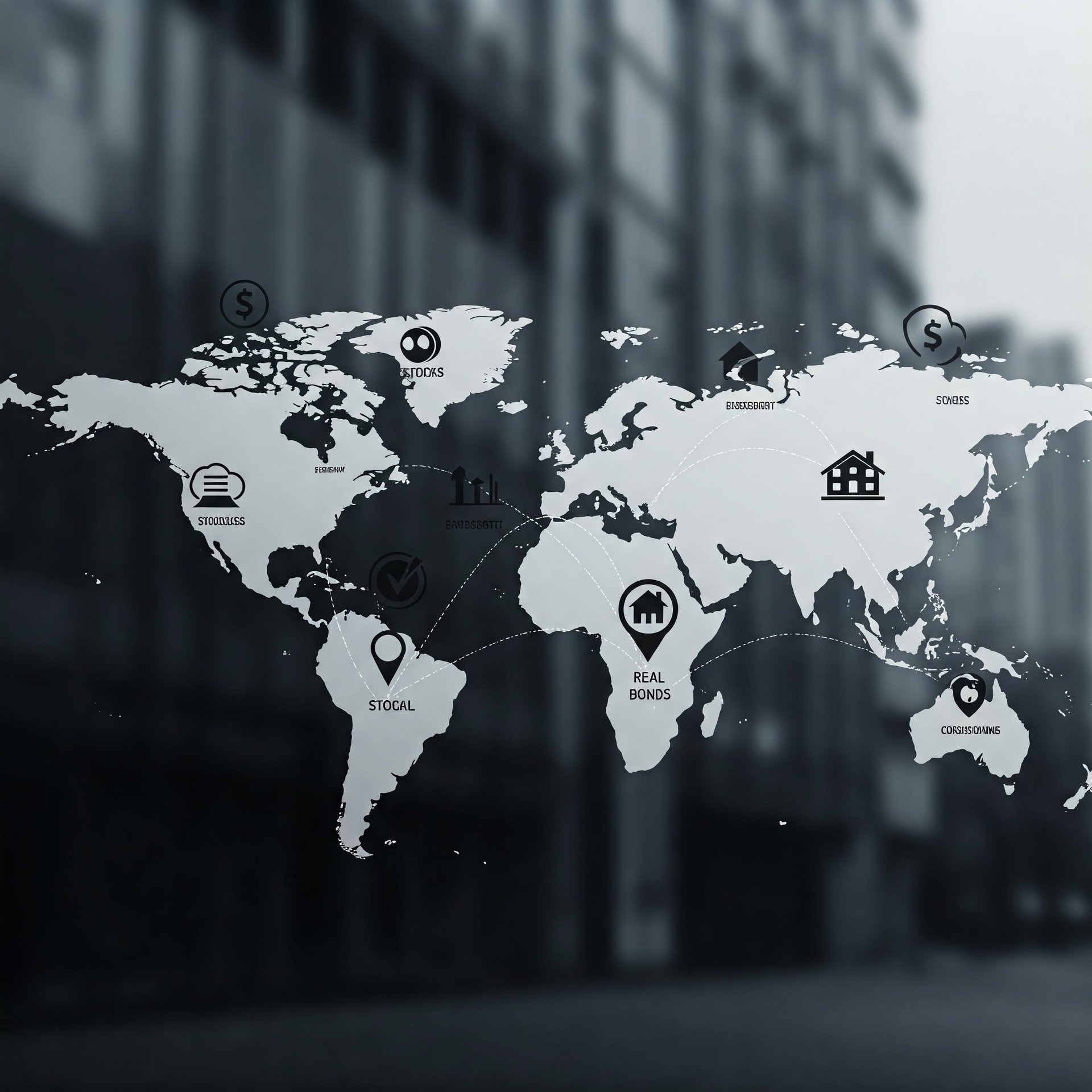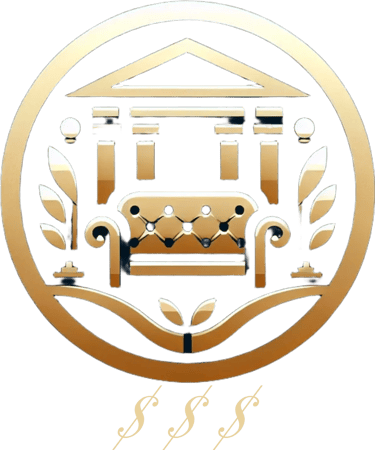
Careers That Won’t Disappear with Artificial Intelligence: The Future Is on Your Side
3 min read
Content Summary
With the rapid rise of artificial intelligence, many people are feeling uncertain about the future of work.
After all, if machines can write, diagnose, and even create art, what will be left for humans?
This article dives into that concern and highlights five professions that will remain essential, even in an automated world.
More than just surviving technological progress, these careers thrive because of their deeply human qualities: empathy, creativity, ethical judgment, and the ability to connect.
If you're looking for career security in the face of technological change, this article is for you.
1. Psychologists and Therapists
Despite the advances in AI, the ability to understand deep human emotions, build empathetic connections, and treat psychological trauma remains out of reach for machines.
AI can assist with gathering behavioral data or suggesting therapy models based on patterns, but the role of a psychologist goes far beyond that.
Professionals in this field work with intuition, active listening, and emotional sensitivity — uniquely human skills.
In an increasingly digital and fast-paced world, the demand for mental health care is only growing, making these professionals even more essential.
Why is this profession AI-proof?
Human empathy cannot be replicated
Every patient is unique and requires a personalized approach
The therapist-client relationship is built on trust and emotional connection
2. Teachers and Educators
Even with the rise of online learning platforms and AI-powered tutors, the role of teachers remains irreplaceable. Teaching is more than delivering content — it involves adapting strategies, motivating students, offering guidance, and inspiring minds.
Moreover, future education will require critical thinking, complex problem-solving, and social-emotional skills — areas where only human educators can truly make an impact.
Why is this profession AI-proof?
Education is a relational process
Leadership, creativity, and empathy are crucial teaching skills
Teachers inspire, guide, and shape future citizens
3. Healthcare Professionals (Nurses, General Practitioners, Caregivers)
Medicine has already benefited greatly from AI, with more accurate diagnoses, robot-assisted surgeries, and smart medical records.
Yet, human contact is irreplaceable in moments of pain, fear, or uncertainty.
Nurses and doctors don’t just treat diseases — they comfort patients, communicate with families, and make decisions based on complex contexts, especially in emergencies that require quick, nuanced human judgment.
Additionally, caregivers for the elderly and disabled play a vital role that demands patience, love, and constant attention — qualities that machines simply don’t possess.
Why is this profession AI-proof?
Human-to-human interaction is essential to healing
Some things can’t be automated: touch, comfort, and presence
Clinical judgment and real-time decision-making require context
4. Artists and Content Creators
AI can generate paintings, music, and even text. But there’s a major difference between producing content based on patterns and creating with purpose, story, and emotion.
Artists capture the spirit of the times, challenge social norms, craft unique narratives, and connect with audiences on deeper levels.
Human-created content carries identity, culture, and lived experience — something AI might imitate, but never truly embody.
Why is this profession AI-proof?
Authentic creativity is born from human experience
Art is subjective, symbolic, and rooted in social context
Audiences seek originality, soul, and authenticity in creative work
5. Ethics and Philosophy Professionals
In a world driven by algorithms and automated decisions, new questions arise:
Who is responsible when AI makes a wrong decision?
How do we ensure algorithms are fair?
How much control should we give machines?
Answering these questions requires ethical, philosophical, and legal reflection — the domain of philosophers, legal experts, and specialists in applied ethics.
These professionals not only regulate AI but also help shape the kind of world we want to build.
Why is this profession AI-proof?
Moral dilemmas require human consciousness, values, and principles
AI needs human guidelines to operate justly
These professionals are essential for balancing progress with responsibility
What Do These Professions Have in Common?
All of these careers rely on essential human skills: empathy, creativity, ethics, communication, and emotional and social judgment.
These are competencies that artificial intelligence still cannot reproduce authentically, as they stem from lived experiences, personal values, and genuine connection.
Rather than competing with AI, professionals who develop these abilities will be collaborating with technology — using it as a tool to enhance human work.
Conclusion:
The Future Is Human
Artificial intelligence may replace repetitive and analytical tasks, but not the things that make us truly human.
Careers built on relationships, complex decision-making, sensitivity, and creativity will not only survive — they’ll become even more valuable.
The key to thriving?
Develop soft skills, stay curious, and focus on what AI can’t be: you.

